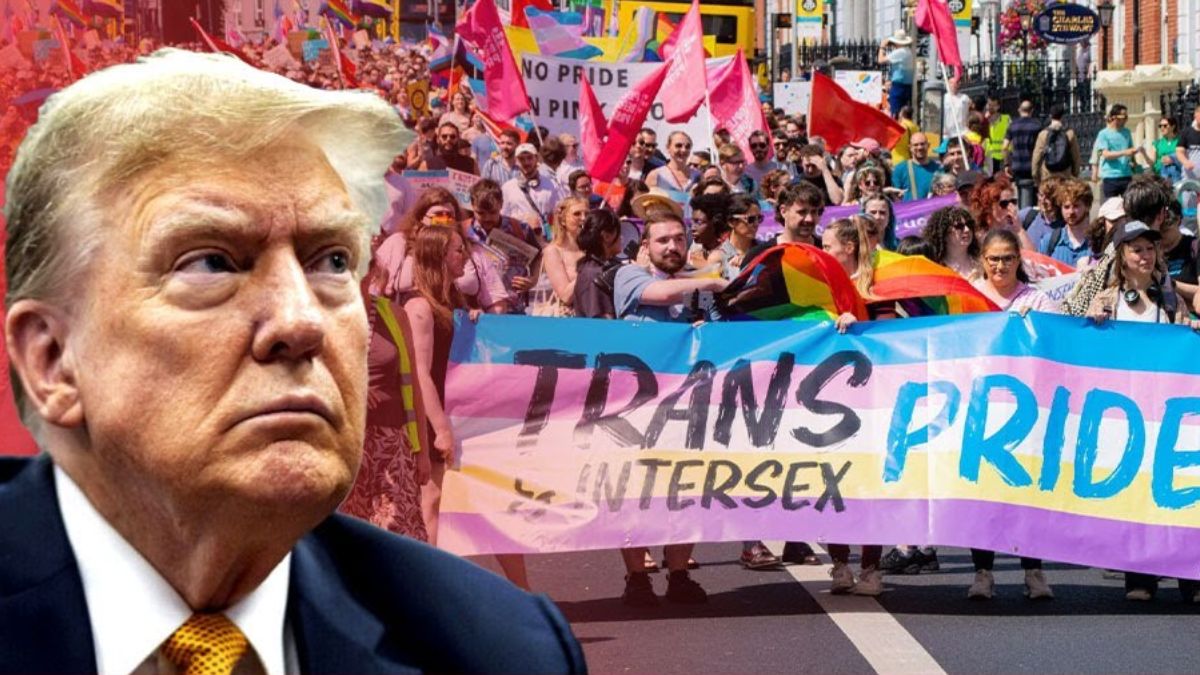The US Supreme Court on Wednesday upheld a Tennessee state law banning gender-affirming care for minors, which activists argued was a devastating loss for transgener rights in the country. The apex American court gave its ruling in the United States v Skrmetti, which was filed last year by three families of trans children and a provider of gender-affirming care..
During the oral arguments last year, the plaintiffs, as well as the US government, then helmed by Joe Biden, argued that Tennessee’s law constituted sex-based discrimination and thus violated the equal protection clause of the 14th Amendment. As per the state law, someone assigned female at birth could not be prescribed testosterone, but someone assigned male at birth could receive those drugs.
Meanwhile, Tennessee stated that the ban is necessary to protect children from what it termed “experimental” medical treatment. During the Wednesday arguments, Conservative judges at the Supreme Court sided with Tennessee law. All six of the Supreme Court’s conservative justices went on to uphold the law, although several also wrote their own concurring opinions.
Amid the majority, Chief Justice John Roberts emphasised that the ruling was primarily based on the justices’ finding that the law did not violate the equal protection clause, rather than on an ideological opposition to trans rights.
“This case carries with it the weight of fierce scientific and policy debates about the safety, efficacy and propriety of medical treatments in an evolving field. The voices in these debates raise sincere concerns; the implications for all are profound,” Roberts wrote in his opinion. “We leave questions regarding its policy to the people, their elected representatives, and the democratic process," he added.
Activists argued that the ruling can turn out to be a major blow to trangender rights in the United States.
What transgender people lost against Trump
Expert and medical advice ignored: The Supreme Court upheld Tennessee’s ban on gender-affirming care (puberty blockers, hormones, surgeries) despite overwhelming evidence from major medical groups such as the American Academy of Paediatrics, which cites decades of research showing these treatments reduce gender dysphoria and suicide risks.
Health crisis for trans youth: Denying access to medically recommended care risks worsening mental health outcomes, including higher rates of depression, anxiety, and suicide attempts. Delayed treatments may also lead to irreversible physical changes (e.g., puberty progression) that exacerbate psychological distress.
Societal stigma amplified: The ruling reinforces systemic discrimination, emboldening anti-trans policies in education, sports, and public spaces. Families may face social ostracisation, while advocacy groups warn of rising hate crimes and eroded community trust.
Economic burden on families: Families in ban states may incur relocation costs to access care elsewhere. Health systems in supportive states could face strain, while bans may deter businesses and skilled workers from operating in restrictive regions, impacting local economies.
Legal patchwork creates inequality: Over 20 states can now enforce bans, creating a fragmented system where care access depends on geography. This exacerbates socioeconomic disparities, as low-income families lack the resources to travel for treatments.
Workforce and productivity loss: Untreated mental health issues among trans youth could reduce future workforce participation and productivity. States may face higher long-term healthcare costs from emergency mental health interventions.
Trump’s broader anti-trans agenda gets a boost: The ruling aligns with Trump-era policies restricting transgender military service, sports participation, and federal healthcare funding, framing trans rights as a cultural wedge issue despite scientific consensus.
Medical community backlash: Doctors and hospitals in ban-states risk legal penalties for providing care, leading to clinician shortages in gender-affirming fields and reduced quality of care for all patients.
Global repercussions: The decision may inspire similar bans worldwide, undermining global human rights efforts and international LGBTQ+ health collaborations.
Youth autonomy undermined: The ruling dismisses trans youths’ agency over their bodies, perpetuating societal narratives that marginalise their identities and limit their future opportunities in education and employment.


)

)
)
)
)
)
)
)
)



